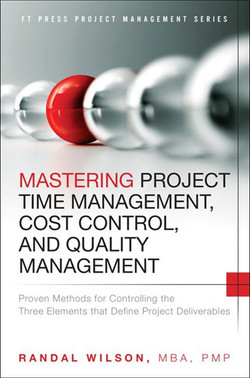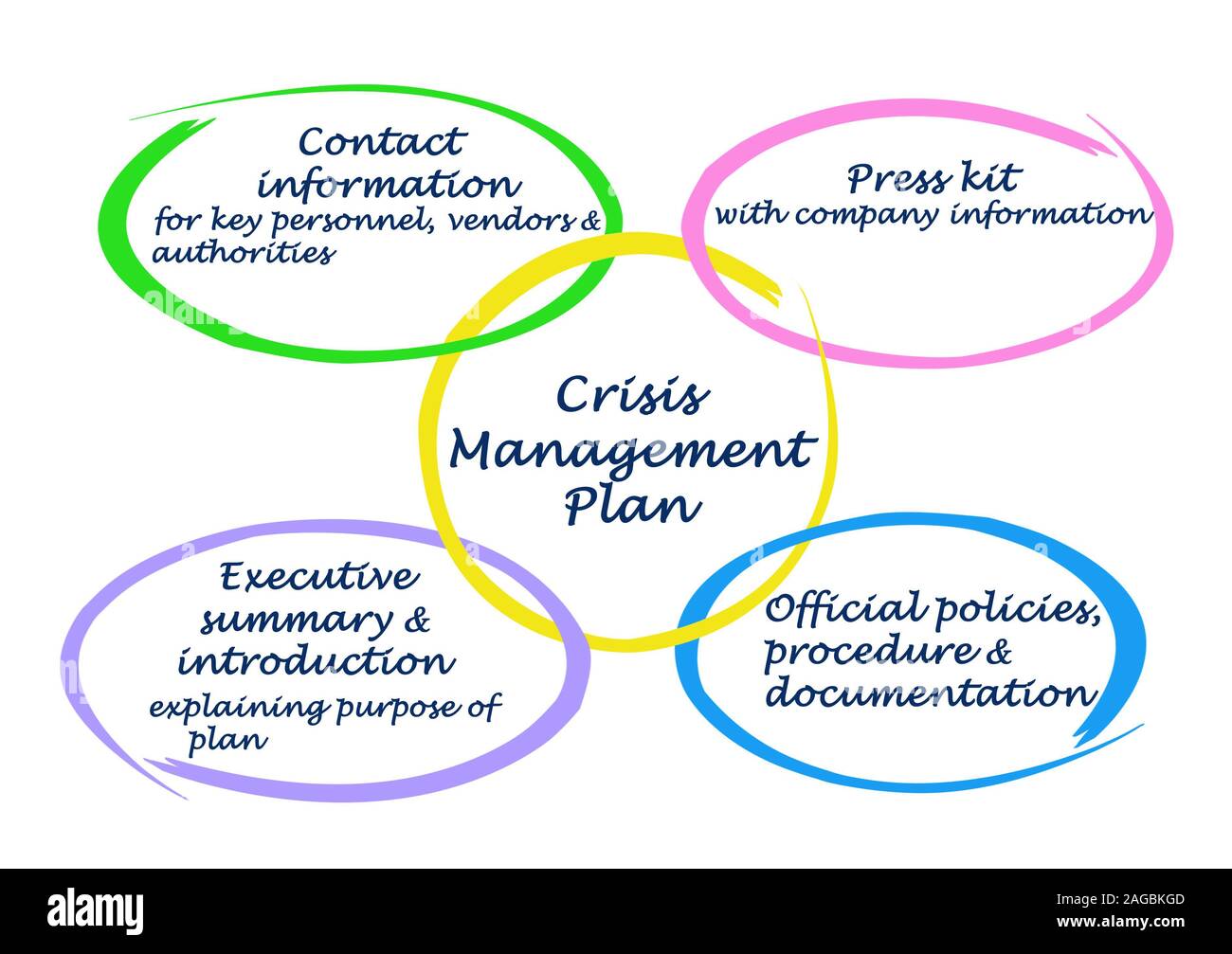
Wayne Huizenga, a well-known businessman as well as philanthropist, is his name. He is the namesake of Huizenga Plaza in Fort Lauderdale, Florida, which includes a 150-seat amphitheater. Pam, Scott, Ray and 11 grandchildren are the survivors of this businessman. He will be laid in state at the Evergreen Cemetery in Fort Lauderdale. His mausoleum is located in the cemetery.
Businessman
Harry Wayne Huizenga is a very successful businessman. AutoNation and Waste Management Inc. were his two main businesses. Blockbuster Video was also his business, as well the Miami Dolphins in the National Football League. He is also known for being one of the wealthiest men in the world. The company he founded, AutoNation, was worth nearly $7 billion at the time of his death. He is the one who established the modern-day model of business.

Huizenga is not only an impressive performer, but he also has headlines because of his wrong motives. Recent investigations revealed that Huizenga was involved in organized criminality and other criminal activities. The Miami Times reported that Huizenga was convicted for attacking a prospective sale person. He is also accused of illegally making political contributions and disobeying environment laws. Huizenga has been accused of many things, but we don't know if he is guilty or innocent.
Philanthropist
Broward County native and businessman, he is a philanthropist. Many organizations have benefited from his philanthropy. He received numerous awards and was instrumental in the creation of Nova Southeastern University’s Huizenga Sales Institute. In fact, seven times he was named the "Entrepreneur in the Year" by different business groups. Success Magazine honored him with the title "Entrepreneur de la Year" in 1995. Financial World Magazine named him the "CEO Of The Year" five more times. He was honored by Georgetown University's business school as "Business Leaders of the Year" in 1993. He has received several other awards for his achievements, including the Horatio Alger Award, the Gordon Grand Fellow Award,
Huizenga is a philanthropist who has made Broward County an even better place to live. He was involved in several organizations, including the American Cancer Society, the Boys & Girls Clubs of Broward County, the Boys and Girls Clubs of Broward County, and the Humane Society. He was also a supporter of several educational institutions such as Nova Southeastern University or the Horatio Alger Association.
Former owner of professional teams in sports
Investing in professional sports franchises has become a popular trend in recent years, particularly among tech entrepreneurs. Tech titans have acquired some of the largest sports teams in the country. These companies have made millions. Aside from these large corporations, there are small-time investors who are interested in getting into the game. These investors are looking for ways of getting in on the groundfloor, while others are looking for big-money opportunities.

The list of successful entrepreneurs who own professional sports teams includes Joshua Harris, cofounder of Apollo Global Management, who owns the New Jersey Devils, Philadelphia 76ers, and Crystal Palace F.C. in the Premier League. Other notable owners include Stanley Kroenke, who owns eight professional sports teams. Apart from these business leaders, many of the most popular franchises in sports are owned by individuals. Some entrepreneurs are able to buy multiple teams to expand their empire.
FAQ
What is the difference between TQM and Six Sigma?
The main difference in these two quality management tools lies in the fact that six sigma is focused on eliminating defects and total quality management (TQM), emphasizes improving processes and reducing costs.
Six Sigma is a method for continuous improvement. This method emphasizes eliminating defects using statistical methods such p-charts, control charts, and Pareto analysis.
This method attempts to reduce variations in product output. This is accomplished through identifying and correcting root causes.
Total quality management refers to the monitoring and measurement of all aspects in an organization. It also includes training employees to improve performance.
It is often used to increase productivity.
Why is project management important for companies?
Project management techniques are used in order to ensure projects run smoothly, and that deadlines are met.
This is because most businesses rely on project work for their products and services.
These projects must be managed efficiently and effectively by companies.
Without effective project management, companies may lose money, time, and reputation.
What are the steps that management takes to reach a decision?
Managers face complex and multifaceted decision-making challenges. It involves many factors, such as analysis and strategy, planning, execution, measurement, evaluation, feedback etc.
Remember that people are humans just like you, and will make mistakes. This is the key to managing them. You are always capable of improving yourself, and there's always room for improvement.
In this video, we explain what the decision-making process looks like in Management. We'll discuss the different types and reasons they are important. Managers should also know how to navigate them. The following topics will be covered.
Statistics
- The average salary for financial advisors in 2021 is around $60,000 per year, with the top 10% of the profession making more than $111,000 per year. (wgu.edu)
- As of 2020, personal bankers or tellers make an average of $32,620 per year, according to the BLS. (wgu.edu)
- 100% of the courses are offered online, and no campus visits are required — a big time-saver for you. (online.uc.edu)
- Our program is 100% engineered for your success. (online.uc.edu)
- Your choice in Step 5 may very likely be the same or similar to the alternative you placed at the top of your list at the end of Step 4. (umassd.edu)
External Links
How To
How can you implement Quality Management Plan (QMP).
Quality Management Plan (QMP), which was introduced in ISO 9001:2008, provides a systematic approach to improving processes, products, and services through continual improvement. It helps to improve customer satisfaction and product/service quality by continuously measuring, analyzing, controlling and improving.
QMP is a standard way to improve business performance. QMP improves production, service delivery, as well as customer relations. QMPs must include all three elements - Products, Services, and Processes. If the QMP focuses on one aspect, it is called "Process." QMP. QMP stands for Product/Service. The QMP that focuses on customer relationships is known as the "Customer" QMP.
There are two key elements to implementing a QMP: Strategy and Scope. These are the following:
Scope: This defines what the QMP will cover and its duration. If your organization wishes to implement a QMP lasting six months, the scope will determine the activities during the first six month.
Strategy: This describes how you will achieve the goals in your scope.
A typical QMP consists of 5 phases: Planning, Design, Development, Implementation, and Maintenance. Each phase is explained below:
Planning: This stage is where the QMP objectives are identified and prioritized. Every stakeholder involved in the project is consulted to determine their expectations and needs. After identifying the objectives, priorities, and stakeholder involvement, the next step is to develop the strategy for achieving these objectives.
Design: During this stage, the design team develops the vision, mission, strategies, and tactics required for the successful implementation of the QMP. These strategies are executed by creating detailed plans.
Development: Here the development team works toward building the necessary resources and capabilities to support the successful implementation.
Implementation: This involves the actual implementation of the QMP using the planned strategies.
Maintenance: Maintaining the QMP over time is an ongoing effort.
Several additional items should be added to the QMP.
Participation by Stakeholders is essential for the QMP's continued success. They need to be actively involved in the planning, design, development, implementation, and maintenance stages of the QMP.
Project Initiation - A clear understanding of the problem statement, and the solution is necessary for any project to be initiated. In other words, the initiator needs to know why they want to do something and what they expect from the outcome.
Time frame: It is crucial to know the time frame for the QMP. You can use a simplified version if you are only going to be using the QMP for short periods. You may need to upgrade if you plan on implementing the QMP for a long time.
Cost Estimation. Cost estimation is another crucial component of QMP. Without knowing how much you will spend, planning is impossible. Cost estimation is crucial before you begin the QMP.
The most important thing about a QMP is that it is not just a document but also a living document. It changes with the company. It should be reviewed regularly to ensure that it meets current needs.